Stéphanie Di Giusto, who directed the Belle Époque arts biopic La Danseuse, about the groundbreaking Paris Opera performer Loie Fuller, explores the life of another maverick – albeit a reluctant one – in Rosalie. Whereas La Danseuse embraces the contradictions of artistic fame and backstage rivalries, Rosalie narrows its focus to the circumscribed life of a bartered bride in 1870s France.
The film begins with its heroine’s cautious introduction to a small factory town. Naive Rosalie (Nadia Tereszkiewicz) appears to be a perfectly traditional and obedient wife-to-be. Resplendent in a periwinkle-blue gown she made herself, she nervously weds Abel (Benoît Magimel), a tavern owner who’s deep in debt. “Make him love me,” she prays in secret. “Make him keep me.”
Why wouldn’t he? Rosalie seems to be an ideally lovely, traditional, blushing wife-to-be. When her father flees town after the ceremony, however, it's clear that something’s amiss. On the couple's wedding night, Abel is horrified – threatened, even – to learn that Rosalie’s pink cheeks are due to razor burn. If she doesn’t shave her face, Rosalie grows a light strawberry blonde beard and even more downy hair over the rest of her body. (Pictured below: Nadia Tereszkiewicz, Benoît Magimel)
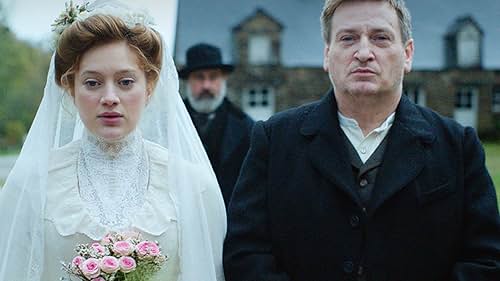 “I hoped you’d be different,” weeps the rejected Rosalie. “I hoped you wouldn’t be,” replies Abel. The reason for their marital rift becomes common knowledge, a joke, but Rosalie refuses to hide her true self.
“I hoped you’d be different,” weeps the rejected Rosalie. “I hoped you wouldn’t be,” replies Abel. The reason for their marital rift becomes common knowledge, a joke, but Rosalie refuses to hide her true self.
Behind the bar at Abel’s once-failing tavern, Rosalie lets herself become the center of attention, drawing in patrons who want to be served by the beguiling, boyishly bearded hostess. “She’s the perfect woman,” marvels one gentleman.
When a journalist takes Rosalie’s photograph, the postcard-sized portraits become hot-selling keepsakes, allowing Abel to clear his debts. He tolerates his wife’s fame and her persistent adoration of him until he runs afoul of the factory owner, who bans his employees from drinking on or off the job.
Handsomely shot and costumed, Rosalie, which was Inspired by but not based on the life of the famed "bearded lady" Clémentine Delait (1865-1939), unfolds as fairytale romance about the power of pure devotion. Although the movie approaches issues of androgyny, and the reasons why people are either intrigued, shamed, or disgusted by female body hair, Di Giusto paints a compelling portrait of a woman taking private joy in her uniqueness. Rosalie’s yearning for unconditional love, and her growing self-belief, emerge as forces too great to resist. She practically wills her husband to love her as she is – and as the film's audience surely will, too.
- More film reviews on theartsdesk

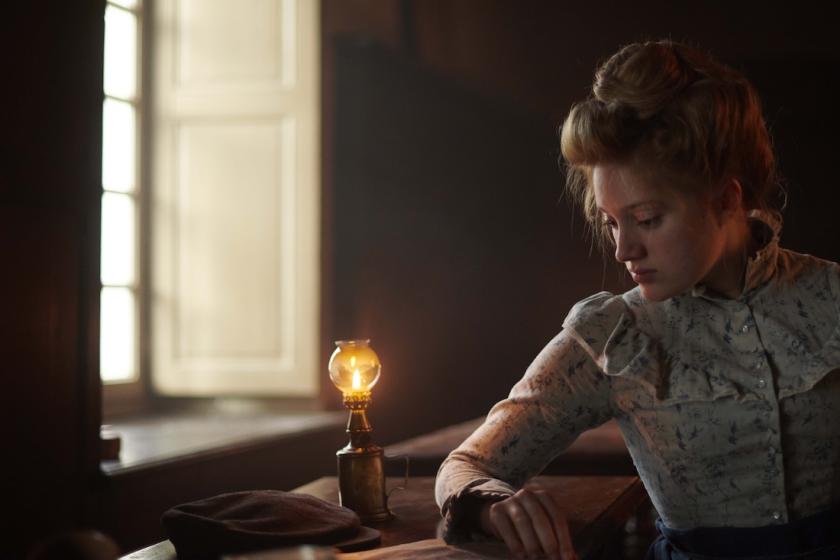



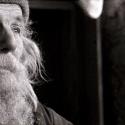
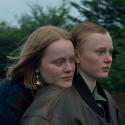

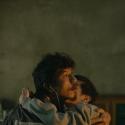
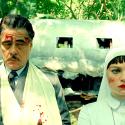

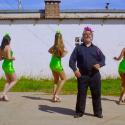

Add comment